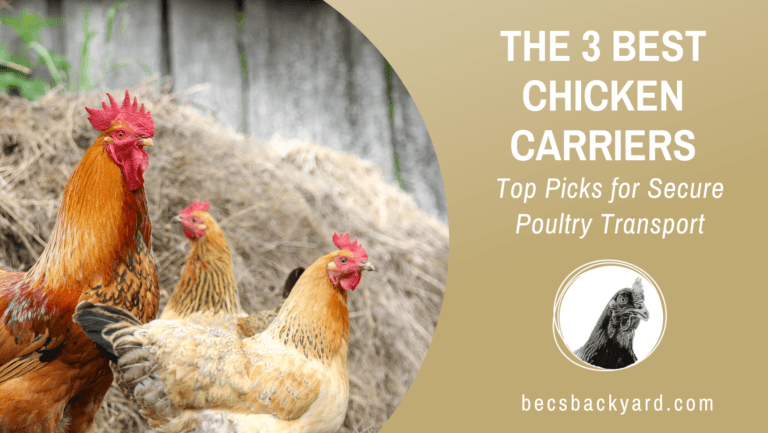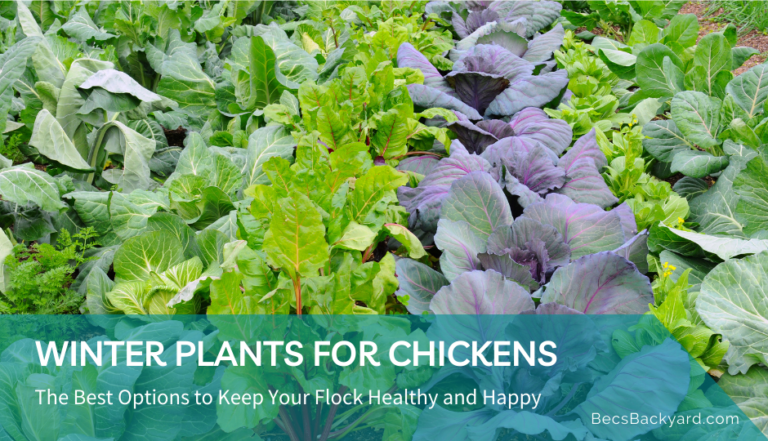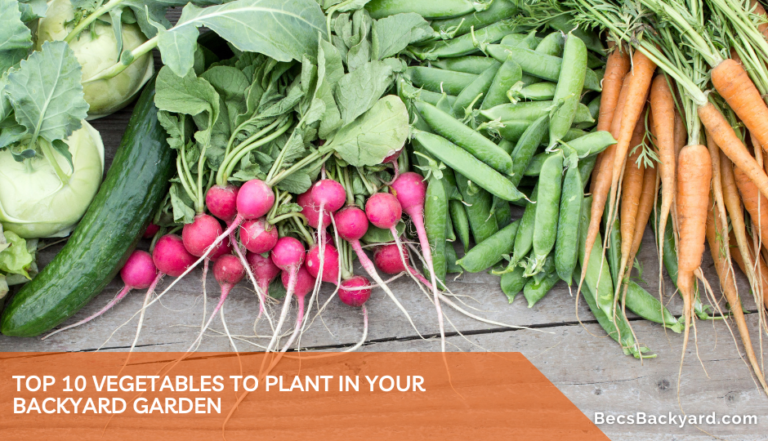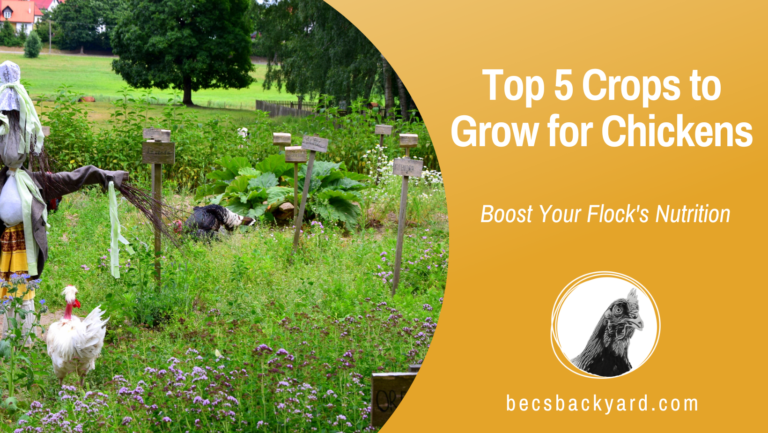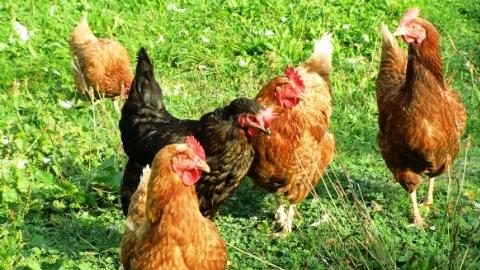10 Quick Growing Plants For Chickens
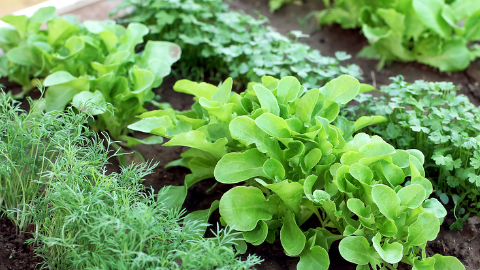
Welcome to Bec’s Backyard, where we’re passionate about creating a thriving and enriching environment for our beloved chickens. In this article, we delve into the world of quick growing plants for chickens. Providing these plant varieties not only adds visual appeal to your chicken coop or yard but also offers numerous benefits to your chickens’ well-being.
Discovering the right plants for chickens is an essential aspect of responsible chicken keeping. Not only do these plants provide shade and shelter, but they also offer a natural source of nutrition, encourage foraging behaviors, and even provide natural pest control. By incorporating quick-growing plants into your chicken habitat, you can create a vibrant and healthy space that your chickens will love to explore.
Join us as we explore ten top plant recommendations that are not only easy to grow but also provide an abundance of benefits for your chickens. From nutrient-rich greens to aromatic herbs, we’ll discuss each plant’s unique qualities, growth habits, and the advantages they bring to your flock.
Whether you’re a seasoned chicken keeper or new to the world of poultry, this guide is here to help you create an enriching environment that nurtures both your chickens and your gardening aspirations. So, let’s dive in and discover the exciting world of quick-growing plants that will transform your chicken coop into a thriving paradise!
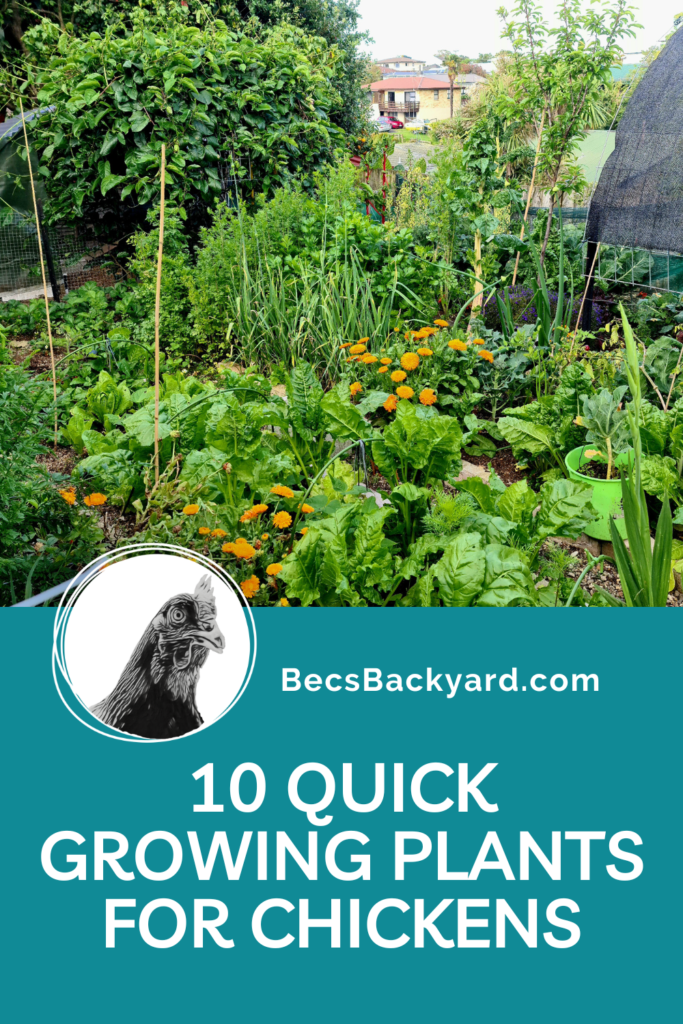
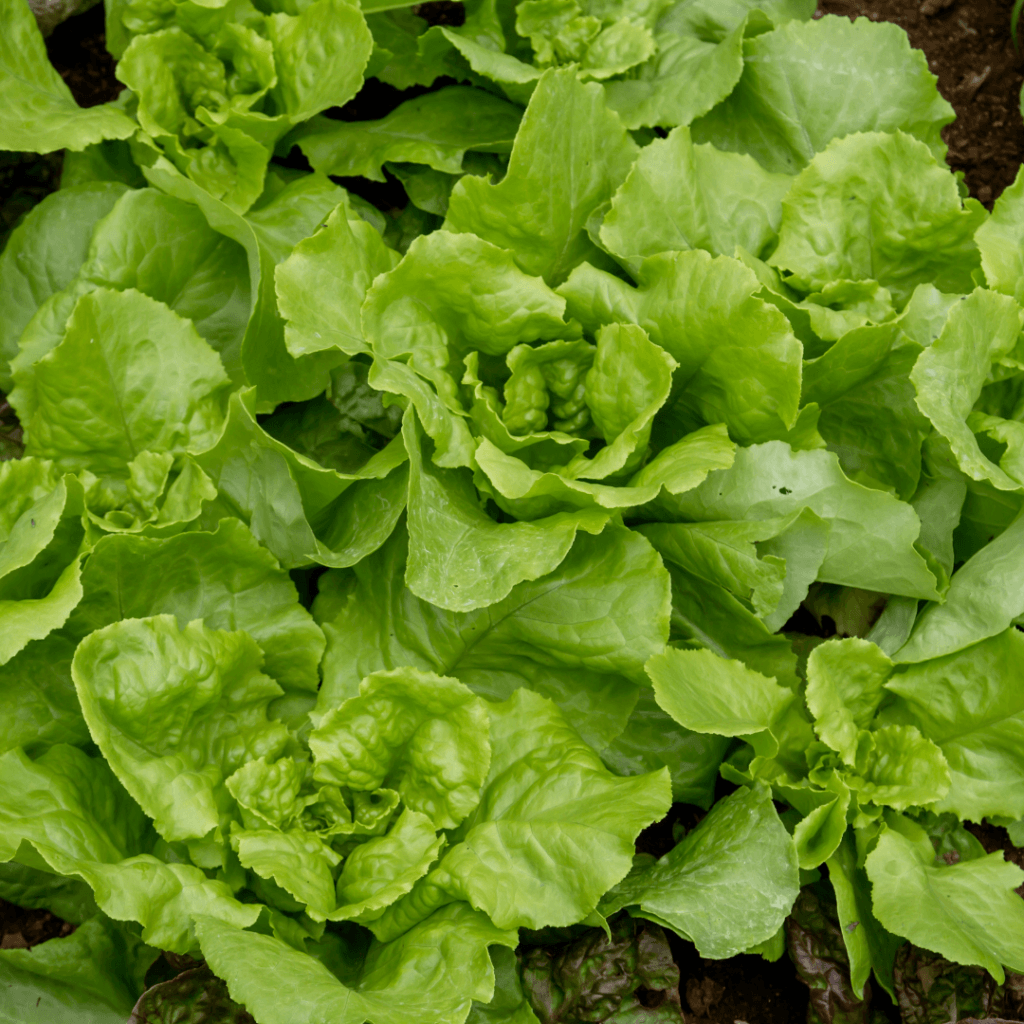
1. Lettuce
Lettuce comes in many different varieties, including Iceberg, Romaine, and Butterhead. For quicker growing types look for Oakleaf and Butterhead lettuce that mature in around 6 to 7 weeks
Lettuce is a cool-weather crop that is typically grown in the spring and fall. It prefers temperatures between 60 and 70 degrees Fahrenheit. Lettuce can be seeded directly in the garden, or started indoors and transplanted later.
2. Silverbeet
Silverbeet also known as Chard takes 8 to 10 weeks to mature. The leaves can be picked when they are young and tender, or leave them to grow larger and a more substantial feed for your chooks. To get more than one season out of your plant just remove the outer lower leaves and it will continue to produce new leaves from the centre top.
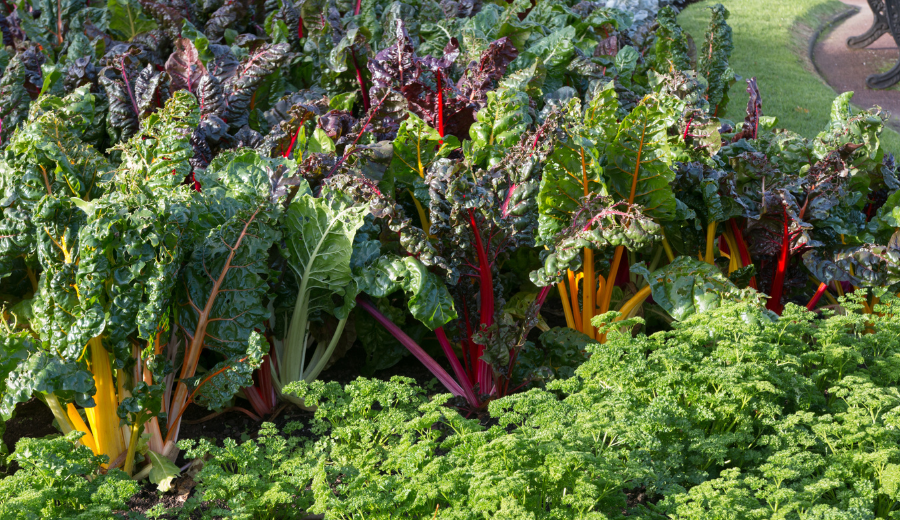
3. Spinach
There are both winter and summer growing spinach. It takes around 6 weeks to mature and is similar to silverbeet/chard.
4. Wheatgrass
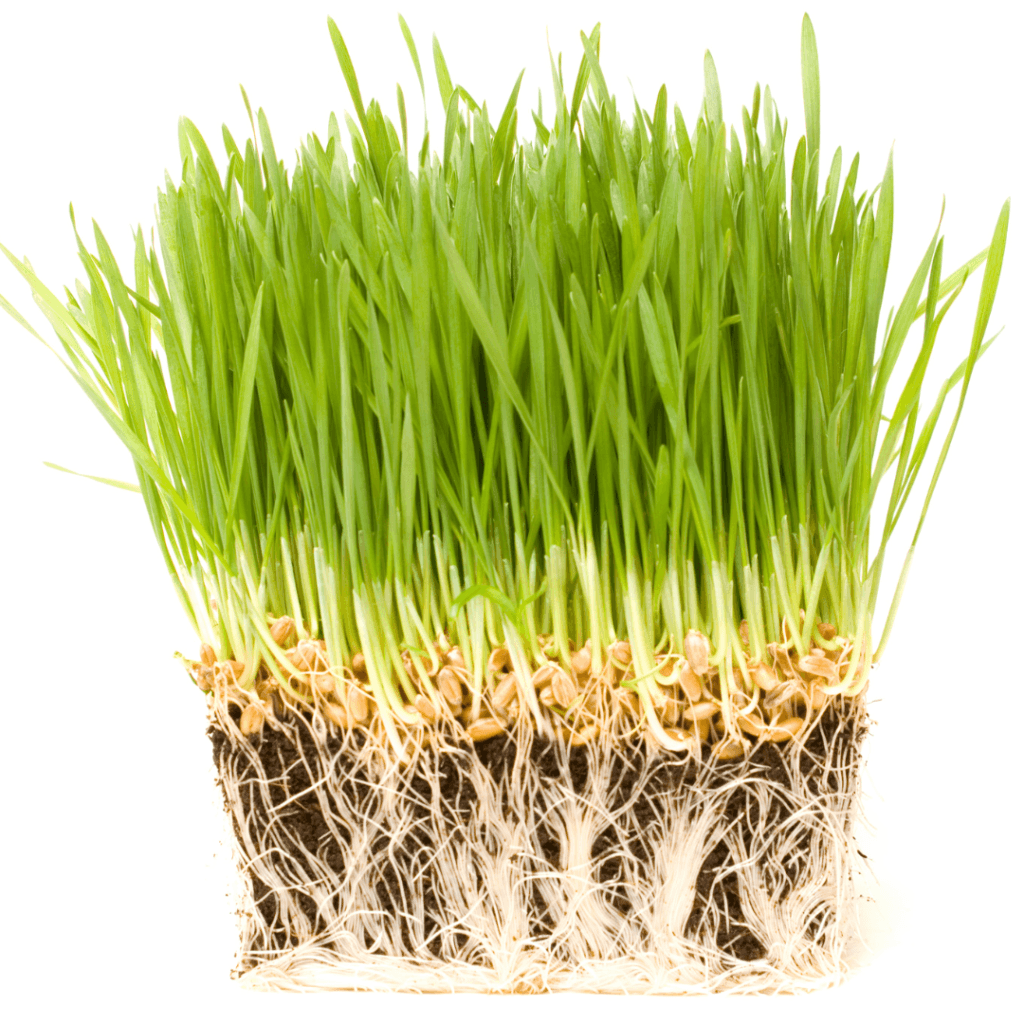
To harvest wheat farmers let it grow for around 100 days, for your backyard chickens you can get them pecking away at it much sooner.
Within 2 weeks you can have wheatgrass sprouted and ready. One of the benefits of wheatgrass is how easily it can be grown.
It can be grown in shallow bins without soil or directly into the soil in the yard. It looks just like normal grass just thicker sturdier blades.
We grow this at Becs Backyard, purchasing the wheat in 10kg bags as a feed grain. We start several bins off at once because the chickens demolish one tray within a day
5. Peas
Peas can start to germinate after 7 days. Chickens will demolish the growing plants if given the chance. If allowed to grow the pea vines will supply you with ongoing chicken food for the season – pea tendrils and also the pea pods.
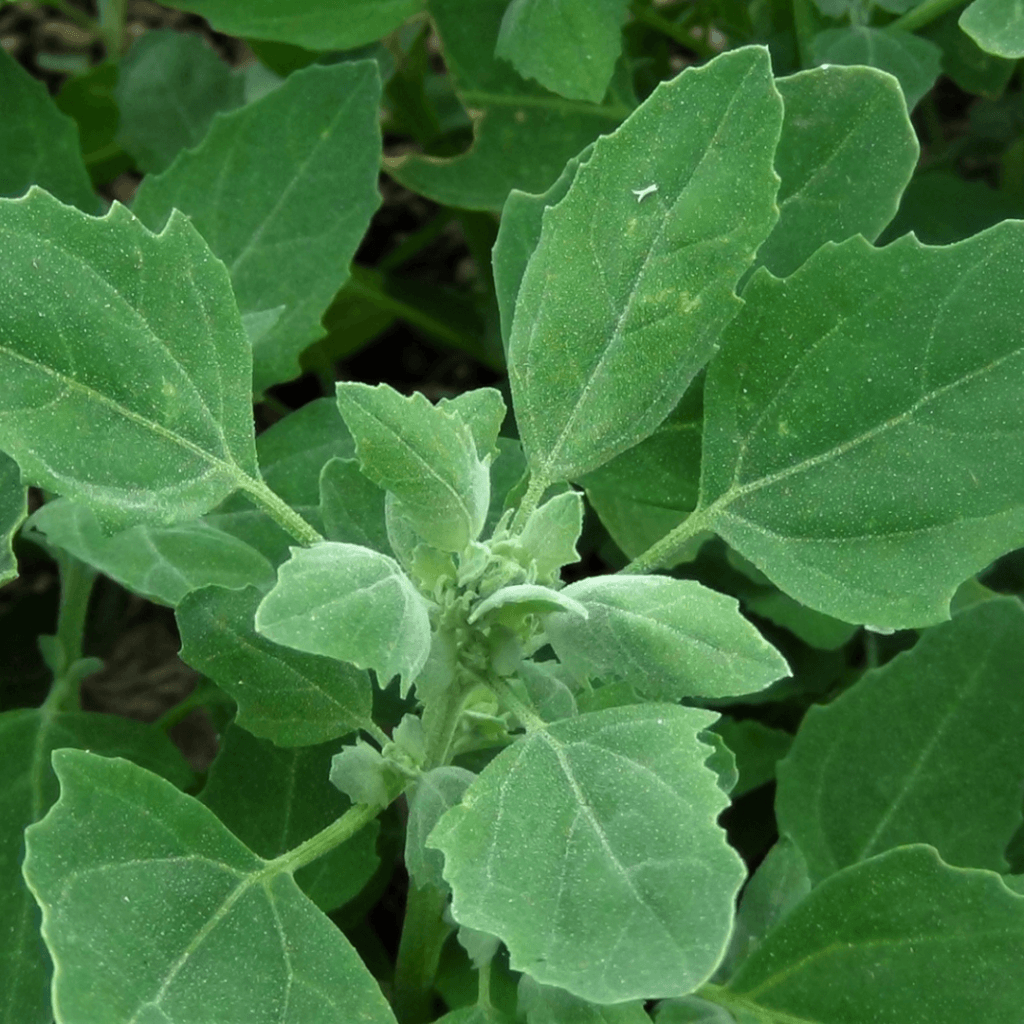
6. Fathen aka Lambs quarters
Is a fast growing weed, but it is also a delicious nutrient packed plant that can be enjoyed by chickens and humans alike.
This plant if given the chance will continue to grow into a woody stemmed shrub reaching 6-7foot tall. You would want to harvest leaves off the plant before it gets to this height. If you let the plant go to seed you will be kept in supply of greens for future seasons.
7. Clover
Not only a snack treat for the chickens, the clover has wonderful flowers that attract other insects into your garden, and also helps the soil by fixing nitrogen, because of this it can grow in some poor soil conditions. It makes a great lush lawn. In warm temperatures clover can germinate within a few days and longer in the cooler months.
8. Radish
You can have radishes ready for eating in around 4 weeks. For more bang for buck you can look at daikon radishes which give you larger above ground greens and also the larger root. By just harvesting the leaves at ground level you can leave the root in the ground providing nutrients for the surrounding soil and microbes.
9. Chickweed
Chickweed, Stellaria media, is an annual and perennial flowering plant in the family Caryophyllaceae. It is native to Eurasia and naturalized throughout the world. This species is used as a cooling herbal remedy, and grown as a vegetable crop and ground cover for both human and poultry consumption. It is sometimes called common chickweed to distinguish it from other plants called chickweed. Other common names include chickenwort, craches, maruns, and winterweed. The plant germinates in autumn or late winter, then forms large mats of foliage.
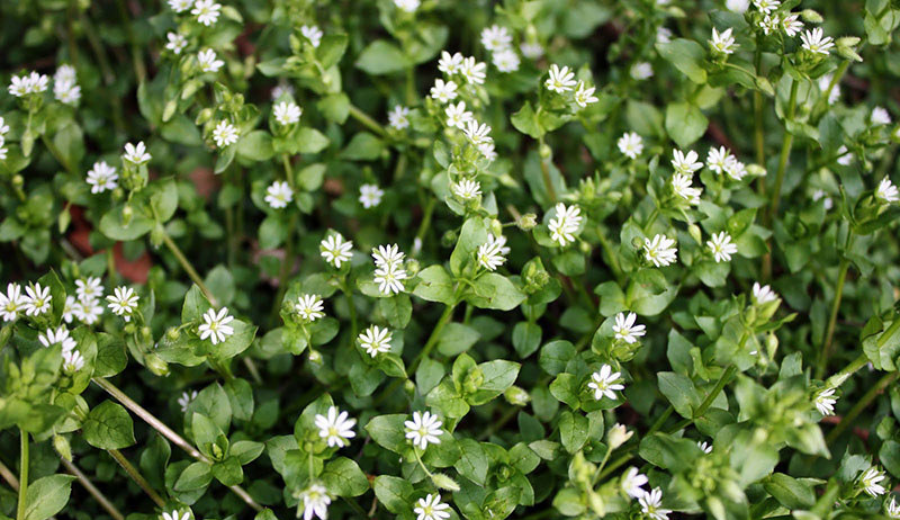
Read Next: How to Make a Chicken Dust Bath
10. Mustard Greens
Related to kale, cabbage, and collard greens, they are the peppery leafy greens of the mustard plant, and guess what, your chickens will love them!!
Mustard can be grown as a green manure for your vegetable gardens. Its main purpose is to act as a mulch, covering the soil to suppress weeds between crops. If grown as a green manure, the mustard plants are cut down at the base when sufficiently grown, and left to wither on the surface, continuing to act as a mulch until the next crop is due for sowing, when the mustard is dug in. It is at this time you could harvest for your chickens too.
What is the best thing to plant for chickens?
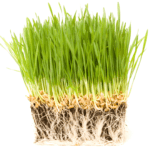
Wheatgrass is the best as it germinates very quickly and it is packed with nutrition along with it appealing taste for chickens.
Quick Growing Plants For Chickens: My Summary
So you have just learnt 10 pretty good options for supplemental plantings in your gardens that will keep your chickens super happy.
Being able to provide for your flock in this way brings so many other benefits for your gardens and also for your own health when you look at how many of the above options can be eaten by humans. So enjoy, and get planting!!
Additional Chicken and Gardening Resources
If you are interested in learning more about backyard gardening and chicken keeping, or want to find out more information on creating a sustainable environment for your flock, here are some additional resources you may find helpful:


